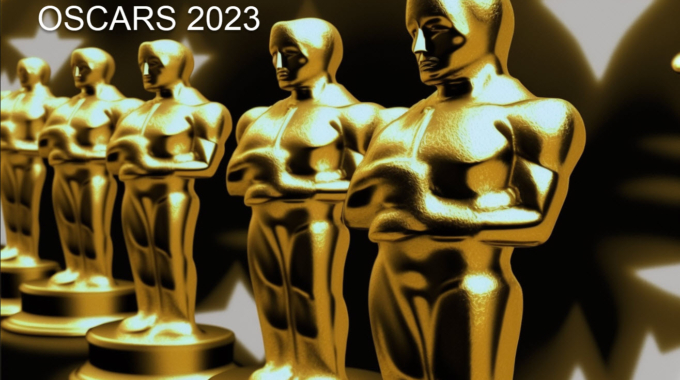Last week we asked a SWARM INTELLIGENCE to predict the match-ups in the Sweet Sixteen round of the NCAA basketball tournament.*
Of course, every individual has their own unique strategy for filling out their brackets, from favorite mascots to detailed statistical analysis, but these picks weren’t made by individual fans – they were made by a Swarm of users who convened for just a few minutes…
Each member of the Swarm reported knowing that Kentucky was touted as #1, but none of them could name a player on the team. But despite the absence of Dick Vitale or Jimmy the Greek in this particular group of users, a funny thing happened…
Not only did the Swarm predict all six winners…they also picked all 6 games correctly against the spread. While it’s not 1 in 9.2 quintillion ( the oft-cited chance of a perfect bracket if all games are coin flips ) the odds of correctly predicting six coin flips in a row are 1 in 64.
Here is a quick video of the Swarm predicting that #2 Gonzaga would beat #11 UCLA by 9 points, a game in which Gonzaga was favored by 8.5 points.
The Swarm predicted #1 Duke would beat #5 Utah by 6 points in a game where Duke was favored by 5.5 points. The final score was Duke 63, Utah 57 – exactly as the Swarm predicted.
So, what can we say about the Swarm Intelligence after the Sweet 16?
First, the streak continues! Just like the prior predictions on the SUPER BOWL, the OSCARS, and the GOLDEN GLOBES, a group of novices, when collaborating as a unified Swarm Intelligence (using the UNU platform) managed to blow away the odds.
Second, there is a lot amount of luck involved in making predictions on sporting events. With the results coming so close to the Vegas spread ( and,not coincidentally to the Swarm’s predictions), a free throw here or there could mean everything – just look at the Duke game.
As Michael Lopez, an assistant professor of Statistics at Skidmore describes the situation, “you are dealing with a 40-minute basketball game played by 20-year-olds and officiated by biased referees. Too many things can happen—indeed, too many things do happen—for anyone to end up on the correct side of the game much more than 75 percent of the time.”
But human unpredictability isn’t the only challenge to accurate prediction.
As Adrienna Lafrance writes in her article for the Atlantic, “Even Computers are Unsure About their March Madness Brackets”, “even a complex algorithm designed to analyze every March Madness game in history would have its limitations. Because, for one thing, a single basketball game cannot be fully reduced to numbers.
Heck, maybe a group of people collaborating as a swarm really is the best strategy for predicting something as human and unpredictable as the NCAA tournament?
And if that’s true, what other applications could there be for this type of human powered artificial intelligence?
But, let’s not get ahead of ourselves. Right now, the biggest question on the board is, of course, who will win the NCAA Championship?
To answer that, we hosted a new Swarm, this time with a dozen stat majors at Cal Poly in California. Call it the best of both worlds between humans and computers.
Their prediction might surprise you…
Unlike your mother, your boss, and Barack Obama, this particular Swarm doesn’t see undefeated and unanimous #1 Kentucky winning it all….
TRY UNU: if you want to take part in one of our many upcoming swarms, you can join the growing community of UNU beta testers by clicking here.
*Actually, they only made predictions for 6 of the games. We would have asked them to predict all 8, but no one in our group was following the tournament closely enough to realize when the first two games started.



